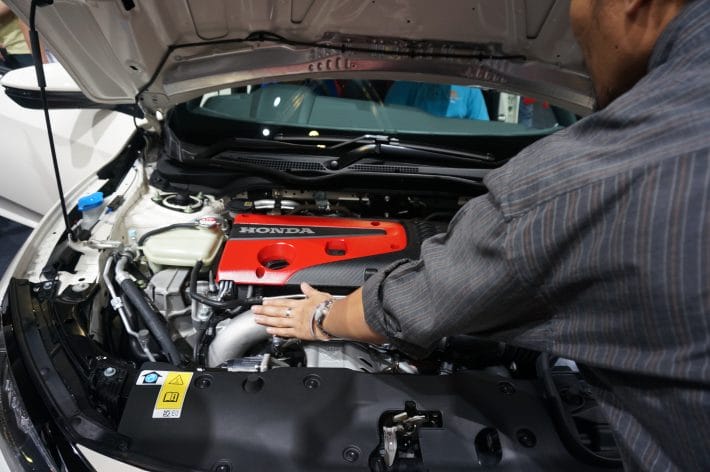A jackknife truck accident can change lives in an instant. These crashes happen when the trailer swings out at an angle, creating a risk for everyone on the road. Victims often face severe injuries, expensive medical treatment, and long recovery periods.
Filing a claim after such an accident is the first step toward seeking compensation. To succeed, you must follow the right steps, gather strong evidence, and understand how fault is established in these cases.
Why Jackknife Crashes Are Different
Florida highways see many commercial truck accidents every year, and jackknife collisions are among the most dangerous. These accidents often involve multiple vehicles, making the investigation more complex.
Factors like driver fatigue, sudden braking, or improper cargo loading can trigger a jackknife situation. Victims of these truck accidents must know how to protect their legal rights from the very beginning.
What Steps Should You Take Immediately After the Crash?
The moments after a jackknife crash are confusing and overwhelming. Protecting your health and gathering evidence should be the top priorities.
Here are the first steps to take:
Call emergency responders and get medical help right away
Report the crash to law enforcement and request a copy of the accident report
Collect driver details, company information, and witness contacts
Take photos or videos of the vehicles, injuries, and the accident scene
Avoid discussing fault with the driver or the insurance company
Every detail collected at the scene can become valuable evidence later in your claim.
How Do You File a Claim?
Once immediate safety concerns are addressed, the next step is starting the claims process. Filing a claim after a jackknife accident means collecting proof, alerting insurers, and making sure every requirement is met under the law. Missing even one step can affect the outcome of your case.
Here is how the process usually unfolds:
Medical Documentation: Save every record tied to your injuries. This includes hospital bills, prescriptions, diagnostic tests, and therapy notes. These documents prove the cost of treatment and link your injuries directly to the accident.
Accident Report: Request a copy of the police report as soon as it is available. Officers often note important details like driver statements, traffic violations, and witness information. This document can become strong supporting evidence for your claim.
Insurance Notification: Notify your insurance provider quickly. Most policies require timely reporting. Keep your statement simple and factual. Do not speculate about fault or the extent of your injuries, since insurers may use that against you later.
Evidence Collection: Keep everything related to the crash. This includes photographs of the scene, vehicle damage, road conditions, and visible injuries. If there were witnesses, get their contact details. Expert evaluations, such as mechanic inspections, can also be included.
Formal Filing: Florida law sets deadlines for truck injury claims, known as statutes of limitation. Missing these deadlines can bar you from pursuing compensation. Filing the claim formally, supported by all collected evidence, keeps your case moving forward.
Why Evidence Matters in These Claims
Proving fault in a jackknife crash is rarely straightforward. Victims must show that another party acted carelessly and caused harm. Evidence like dashcam footage, black box data, or maintenance logs can help link actions to the accident. Without solid proof, the insurance company may dispute your injuries or deny the claim.
Strong evidence supports each element of your case and helps strengthen negotiations for compensation.
Key Takeaways
Jackknife crashes in Florida often involve multiple vehicles and serious injuries.
Immediate steps include calling for help, reporting the crash, and gathering evidence.
Filing a claim requires medical records, accident reports, and insurance notification.
Liability may involve drivers, trucking companies, maintenance providers, or cargo loaders.
Evidence like photos, witness accounts, and black box data strengthens the case.
Truck accident lawyers protect victims’ rights and increase the chance of fair compensation.



























